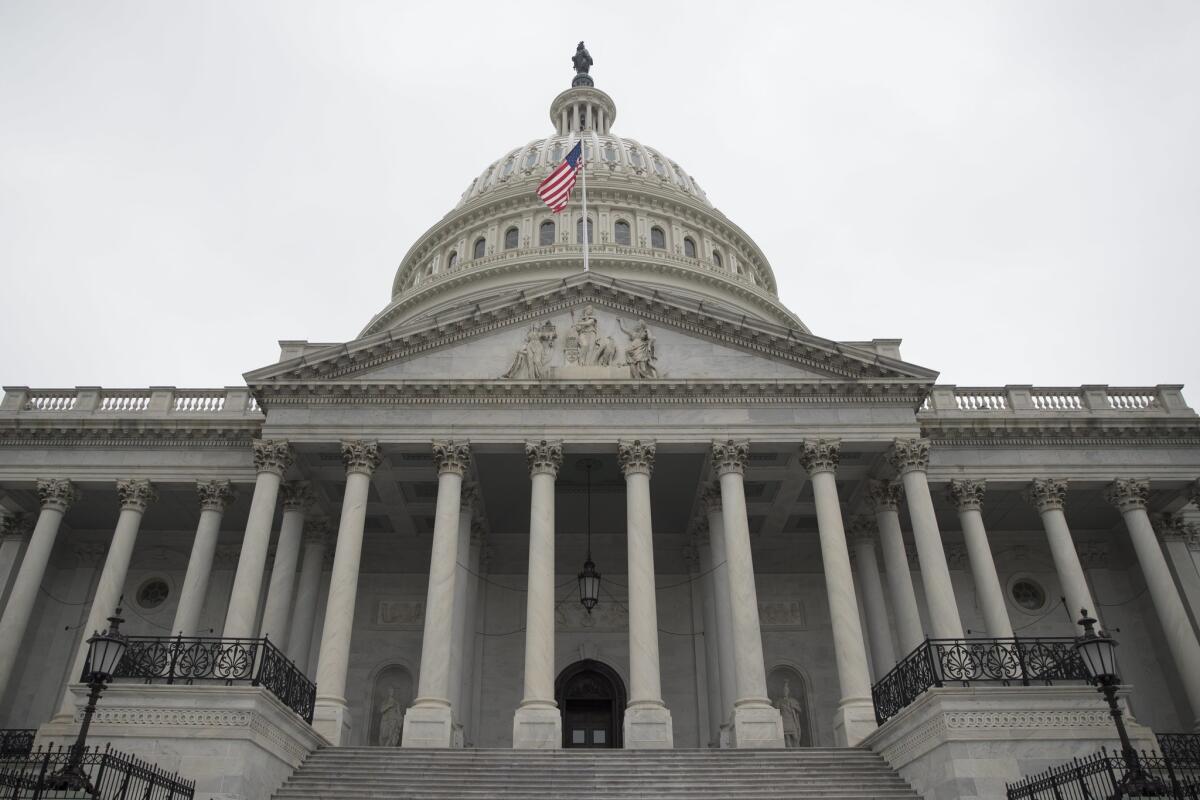A $400 unemployment extension is unlikely to arrive soon, if at all. What you need to know

- Share via
With Congress and the White House at an impasse, President Trump recently ordered that people receiving unemployment benefits get an extra $400 a week. The extra funds would be a relief for the more than 15 million jobless Americans who saw a weekly $600 benefit expire at the end of July. But the extra money amid the continuing coronavirus crisis is far from a done deal.
For one thing, California Gov. Gavin Gavin Newsom this week pushed back on the part of the plan that required states to contribute $100 of the benefit, arguing that the state would face “massive” budget cuts as a result.
So what type of unemployment benefits could Californians see — and, crucially, when?
How much?
That extra $400 would almost certainly be $300 for Californians and residents of other states that say they don’t have enough money to contribute $100.
On Tuesday, the Trump administration modified its plan to exempt cash-strapped states from contributing if they already provide at least $100 in state unemployment benefits. Most states already meet that requirement, according to White House economic adviser Larry Kudlow.
That means many people could get $300, half of what they had been receiving through July under the federal CARES Act.
When would the money arrive?
The answer to this is unclear. A central question underpinning Trump’s order is this: Is it legal?
From the moment the executive order arrived, it triggered questions of constitutionality, because the power to collect taxes, spend money and write laws rests with Congress. If the order is challenged in court, it could delay or scuttle the whole idea.
If the legality question were resolved, the order would make payments retroactive to Aug. 1. But it would take weeks or longer for those who qualify for the benefits to see them. States would need to set up new systems to administer the benefits, according to employment experts.
In California, the Employment Development Department, which handles unemployment benefits, has struggled to process and pay out claims due to reported staff shortages and outdated technology.
Here’s how to file for unemployment benefits if you’ve lost work because of the coronavirus outbreak. Read this explainer for eligibility requirements and how the program works.
So where’s Congress in all this?
Lawmakers on Capitol Hill have so far been unable to reach a bipartisan deal on a new stimulus plan. And significant differences remain.
Democrats, who control the House, want a $3-trillion package, although they offered to reduce their proposal by about $1 trillion. Republicans, who control the Senate, want to keep the stimulus around $1 trillion.
More to Read
Get the L.A. Times Politics newsletter
Deeply reported insights into legislation, politics and policy from Sacramento, Washington and beyond. In your inbox twice per week.
You may occasionally receive promotional content from the Los Angeles Times.












